Home>Others>Specialized Home Improvement Topics>How To Stop Birds From Attacking Car Windows
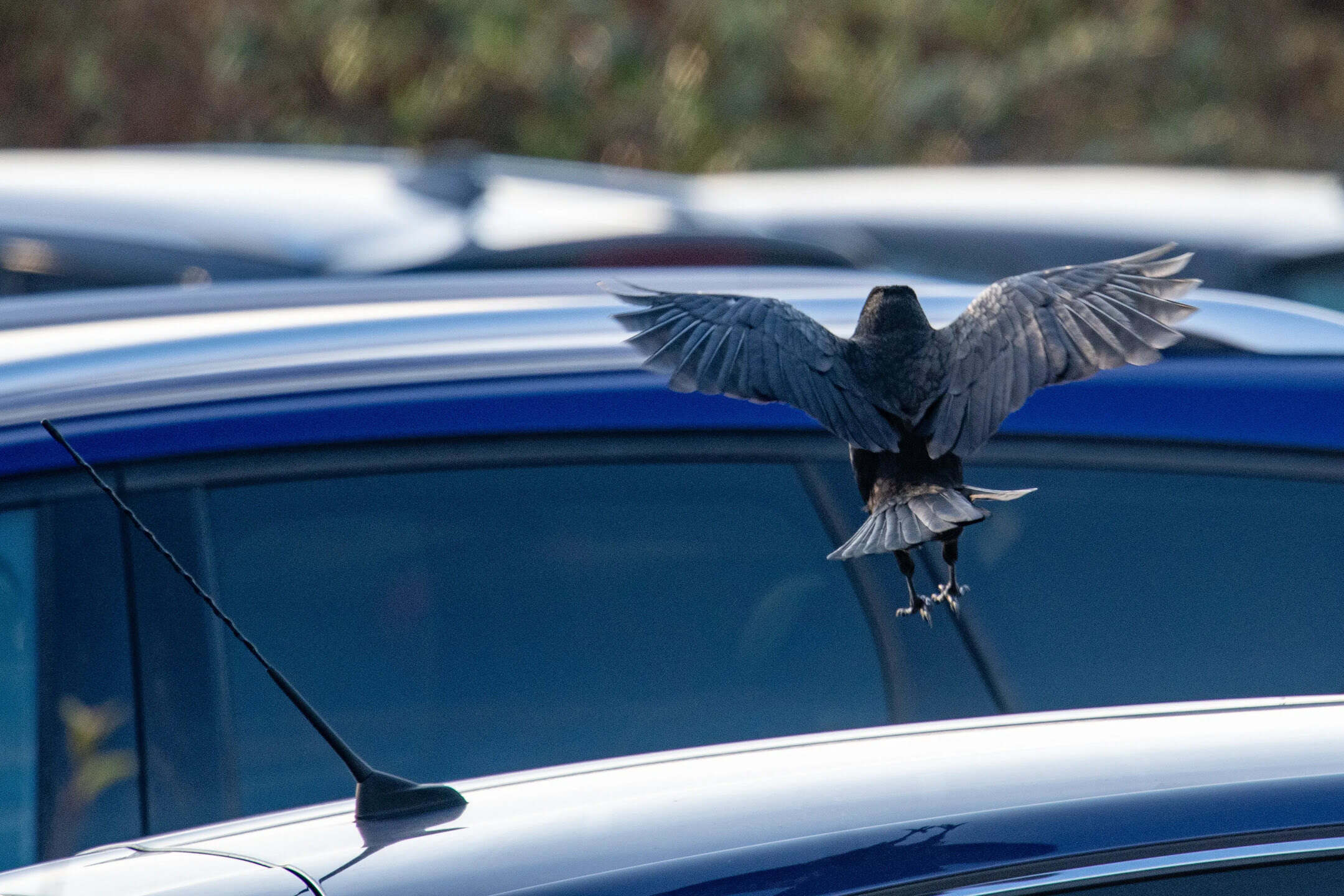

Specialized Home Improvement Topics
How To Stop Birds From Attacking Car Windows
Published: January 9, 2024
Learn effective methods to prevent birds from attacking your car windows with specialized home improvement topics. Protect your vehicle and keep birds at bay!
(Many of the links in this article redirect to a specific reviewed product. Your purchase of these products through affiliate links helps to generate commission for Storables.com, at no extra cost. Learn more)
**
Introduction
**
Birds are fascinating creatures that bring life and color to our surroundings. However, when they mistake our car windows for rivals or territory boundaries, the result can be frustrating and damaging. Understanding why birds attack car windows and how to prevent this behavior is crucial for both protecting your vehicle and respecting the natural instincts of these beautiful animals.
In this comprehensive guide, we will delve into the intricate world of bird behavior, identify the species most commonly associated with window attacks, and explore effective methods for deterring these behaviors without causing harm to the birds. Whether you're dealing with persistent robins, territorial cardinals, or any other bird species, this article will equip you with the knowledge and tools needed to peacefully coexist with our feathered friends while safeguarding your vehicle.
Let's embark on this enlightening journey to discover the reasons behind bird window attacks and learn how to mitigate this issue effectively and compassionately.
Key Takeaways:
- Understanding bird behavior is crucial in preventing window attacks. By recognizing their instincts, we can compassionately deter aggressive behaviors without harming the birds.
- Implementing humane bird deterrents, such as decals and sound devices, can protect your car while respecting the natural behaviors of birds. Seeking professional help when needed ensures a harmonious coexistence.
Read more: Why Do Birds Attack Car Mirrors
Understanding Bird Behavior
Before delving into methods to prevent birds from attacking car windows, it’s essential to understand the reasons behind this behavior. Birds, particularly during mating and nesting seasons, can become territorial and protective of their perceived territories. When they encounter their reflections in car windows, they often mistake them for intruding birds or rivals, triggering aggressive behaviors such as pecking, scratching, or vocalizing.
Furthermore, some bird species, like robins and cardinals, are known for their territorial nature, making them more prone to engaging in aggressive interactions with their reflections. This behavior is not driven by malice but rather by instinctual responses to protect their perceived territories from potential threats.
Understanding the natural instincts and behaviors of birds is the first step in addressing window attacks. By recognizing that birds are simply responding to their instincts, we can approach the issue with empathy and implement effective strategies to deter these behaviors without causing harm to the birds.
Moreover, environmental factors, such as the positioning of your car in relation to bird habitats and nesting sites, can also influence the likelihood of window attacks. By considering these factors, you can gain valuable insights into the specific triggers that may be contributing to the issue.
By gaining a deeper understanding of bird behavior, we can approach the challenge of preventing window attacks with compassion and insight, fostering a harmonious coexistence between humans and our avian neighbors.
Identifying Problematic Bird Species
When it comes to addressing bird attacks on car windows, identifying the species most commonly associated with this behavior is crucial. While various bird species may engage in window pecking and attacks, certain species are more frequently implicated in these incidents.
One of the most common culprits is the American Robin (Turdus migratorius), known for its territorial nature and tendency to aggressively defend its perceived territory, especially during the breeding season. These birds often mistake their reflections in car windows for rival robins, leading to persistent pecking and scratching behaviors.
Another problematic species is the Northern Cardinal (Cardinalis cardinalis), renowned for its vibrant plumage and territorial behavior. Cardinals, particularly males, may perceive their reflections as intruding competitors, prompting them to engage in aggressive behaviors, including pecking and fluttering against the windows.
It’s important to note that while robins and cardinals are frequently associated with window attacks, other species, such as mockingbirds, bluebirds, and various woodpecker species, may also exhibit similar behaviors under specific circumstances.
By recognizing the species most likely to engage in window attacks, you can tailor your deterrent strategies to effectively address the specific behaviors exhibited by these birds. Understanding the behavioral patterns and territorial instincts of these species will enable you to implement targeted measures to discourage window attacks while respecting the natural behaviors of the birds.
Identifying problematic bird species allows for a more focused and strategic approach to mitigating window attacks, ultimately fostering a peaceful coexistence between humans and our feathered neighbors.
Cover the outside of the car windows with a non-reflective material like bird tape or decals to break up the reflection and prevent birds from attacking.
Implementing Bird Deterrents
Effectively deterring birds from attacking car windows requires a thoughtful and humane approach that prioritizes both the well-being of the birds and the protection of your vehicle. By implementing bird deterrents, you can create an environment that discourages aggressive behaviors while ensuring the safety and comfort of the avian visitors in your vicinity.
1. Window Decals and Stickers: Applying decals or stickers designed to break up reflections on your car windows can help deter birds. These visual cues make the windows less reflective, reducing the likelihood that birds will mistake their reflections for intruders. Opt for decals featuring patterns or silhouettes that disrupt the mirrored surface, effectively minimizing the perceived threat posed by the reflections.
2. External Coverings: Consider using external coverings, such as mesh or netting, to create a physical barrier between the birds and your car windows. These coverings can be strategically installed to prevent direct access to the reflective surfaces, minimizing the opportunity for birds to engage in aggressive behaviors.
3. Ultraviolet Reflective Films: Utilize ultraviolet (UV) reflective films specifically designed to deter bird strikes. These films are nearly transparent to the human eye but are visible to birds, effectively disrupting their perception of the windows as reflective surfaces. By incorporating UV reflective technology, you can dissuade birds from approaching and pecking at the windows.
4. Outdoor Sound Devices: Deploying outdoor sound devices that emit bird distress calls or predator sounds can help discourage birds from approaching your car. These devices create an auditory environment that signals potential threats to the birds, prompting them to avoid the area surrounding your vehicle.
5. Natural Deterrents: Introduce natural deterrents, such as hanging reflective objects or wind chimes near your car, to create visual and auditory disturbances that deter birds from approaching. Additionally, strategically placing bird feeders and baths away from your car can redirect the birds’ attention and minimize their interest in the reflective surfaces.
By employing a combination of these deterrent methods, you can effectively mitigate the risk of bird attacks on your car windows while respecting the natural behaviors and instincts of the avian species in your environment. It’s important to approach bird deterrents with a compassionate and holistic mindset, aiming to create a harmonious coexistence between humans and our feathered companions.
Seeking Professional Help
While implementing DIY bird deterrents can be effective in many cases, there are instances where seeking professional assistance becomes necessary, especially when dealing with persistent or aggressive bird behaviors that pose a threat to both the birds and your property.
1. Wildlife Rehabilitation Centers: If you encounter injured birds as a result of window collisions or aggressive behaviors, contacting local wildlife rehabilitation centers is crucial. These facilities have the expertise and resources to provide medical care and rehabilitation for injured birds, ensuring their well-being and eventual release back into their natural habitats.
2. Certified Bird Control Specialists: In situations where bird deterrents prove ineffective or when dealing with large bird populations causing significant disturbances, consulting certified bird control specialists can offer tailored solutions. These professionals can conduct thorough assessments of the bird-related issues and implement humane and effective strategies to mitigate bird behaviors without causing harm to the avian species.
3. Environmental Conservation Organizations: Engaging with environmental conservation organizations and bird advocacy groups can provide valuable insights and support in addressing bird-related concerns. These organizations often offer educational resources, guidance on bird-friendly practices, and community initiatives aimed at promoting coexistence with birds while minimizing potential conflicts.
4. Local Authorities: If bird behaviors pose safety hazards or significant property damage, reaching out to local authorities, such as animal control agencies or environmental protection departments, can facilitate the implementation of appropriate measures. These authorities can offer guidance on legal and ethical considerations related to bird management and provide support in addressing persistent bird-related issues.
When seeking professional help, it’s essential to prioritize solutions that align with ethical and compassionate approaches to bird management. By collaborating with experts and organizations dedicated to wildlife conservation and humane bird control, you can address bird-related challenges effectively while upholding the well-being of both the birds and the local ecosystem.
Remember that professional assistance can provide valuable guidance and resources, ultimately contributing to the creation of a harmonious environment where birds and humans can coexist peacefully and respectfully.
Read more: How To Stop Squeaky Windows On Car
Conclusion
As we conclude our exploration of preventing birds from attacking car windows, it’s crucial to emphasize the significance of approaching this issue with empathy, understanding, and proactive measures. By gaining insights into bird behavior, identifying problematic species, implementing humane deterrents, and seeking professional assistance when necessary, we can foster a harmonious coexistence between humans and the avian species in our surroundings.
Understanding the natural instincts and territorial behaviors of birds allows us to address window attacks with compassion and respect for these remarkable creatures. By acknowledging that birds are responding to their instincts, we can implement strategies that minimize conflicts while safeguarding our vehicles and the well-being of the birds.
Through the implementation of bird deterrents, such as window decals, external coverings, ultraviolet reflective films, outdoor sound devices, and natural deterrents, we can create an environment that discourages aggressive behaviors without causing harm to the birds. These measures enable us to protect our property while promoting a safe and nurturing habitat for our feathered neighbors.
Furthermore, seeking professional help from wildlife rehabilitation centers, certified bird control specialists, environmental conservation organizations, and local authorities can provide valuable support and guidance in addressing persistent bird-related challenges. Collaboration with experts who prioritize ethical and compassionate approaches to bird management is essential in creating sustainable solutions that benefit both humans and birds.
By embracing a proactive and empathetic approach to mitigating bird window attacks, we can contribute to the preservation of avian habitats and the promotion of peaceful coexistence. It’s our collective responsibility to protect and respect the natural behaviors of birds while finding effective and compassionate ways to prevent conflicts with our built environments.
As we strive to coexist harmoniously with the avian species that enrich our lives, let’s continue to learn, adapt, and implement strategies that uphold the well-being of both birds and humans. Together, we can create a world where our feathered friends can thrive alongside us, enhancing the beauty and diversity of our shared environment.
Frequently Asked Questions about How To Stop Birds From Attacking Car Windows
Was this page helpful?
At Storables.com, we guarantee accurate and reliable information. Our content, validated by Expert Board Contributors, is crafted following stringent Editorial Policies. We're committed to providing you with well-researched, expert-backed insights for all your informational needs.
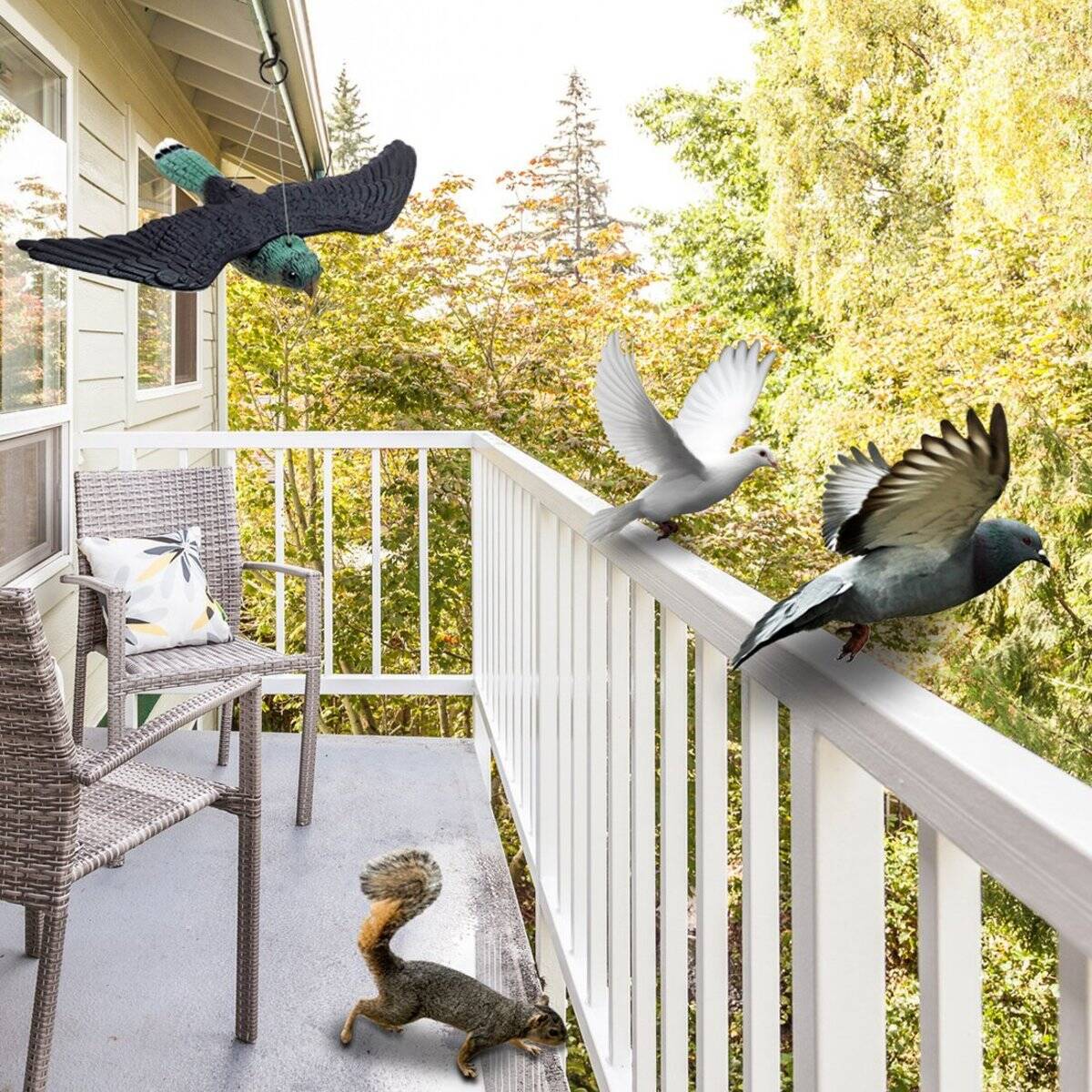

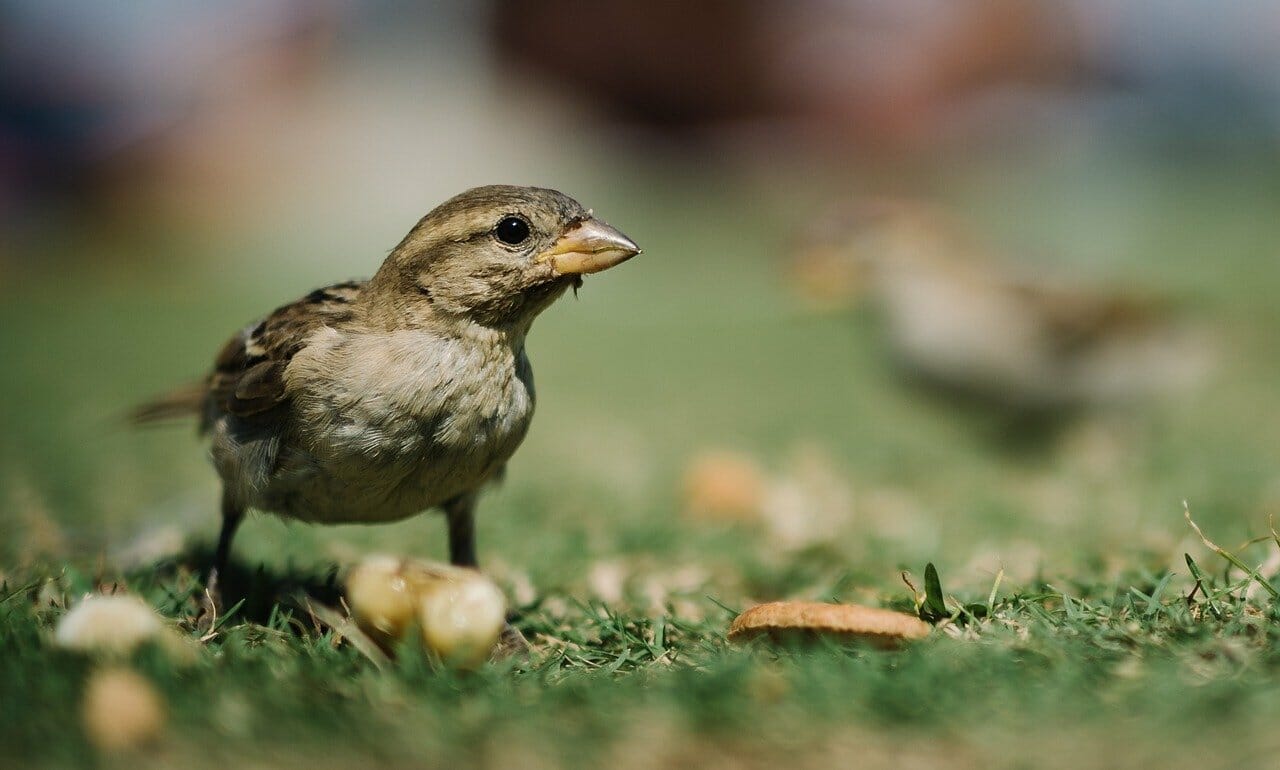
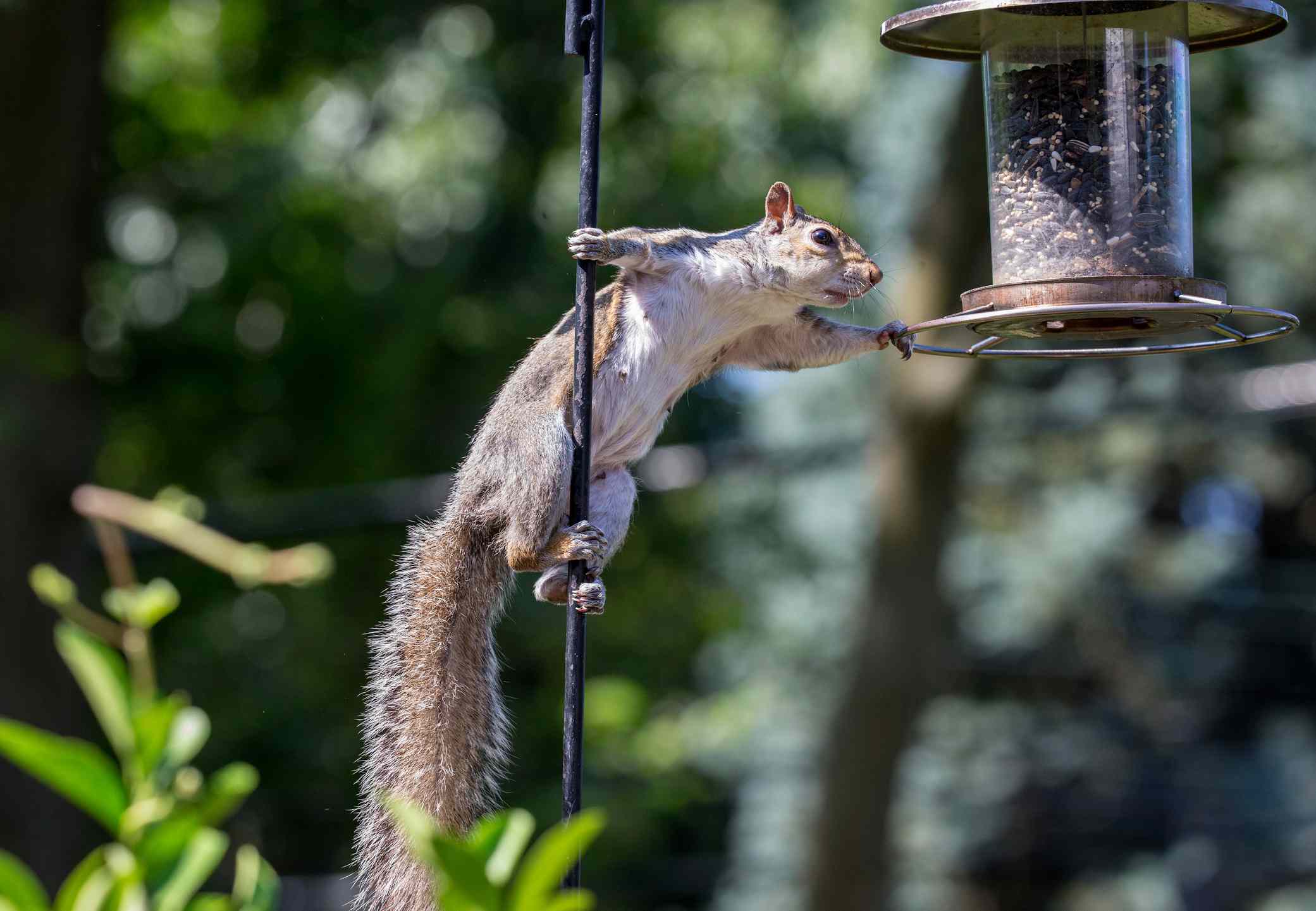
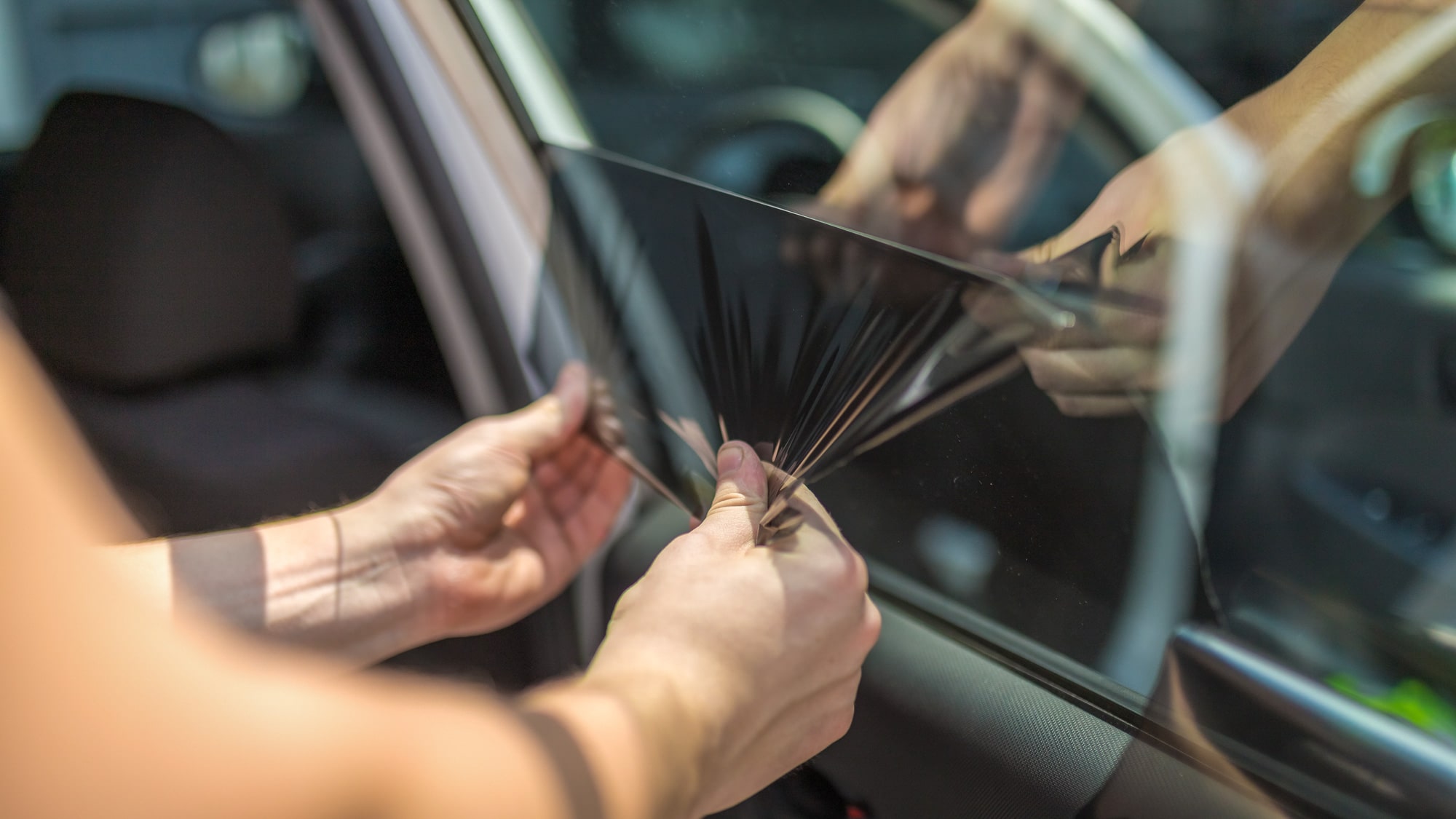
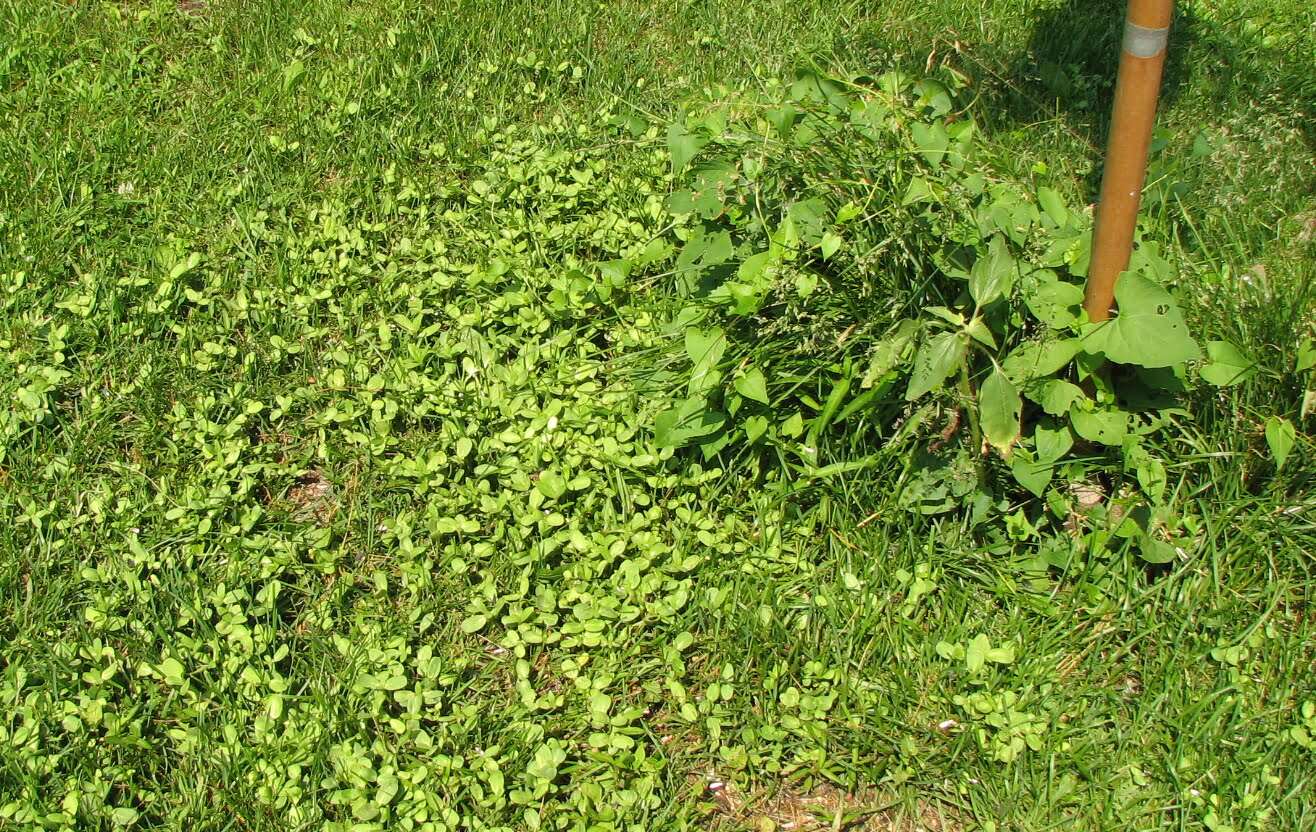
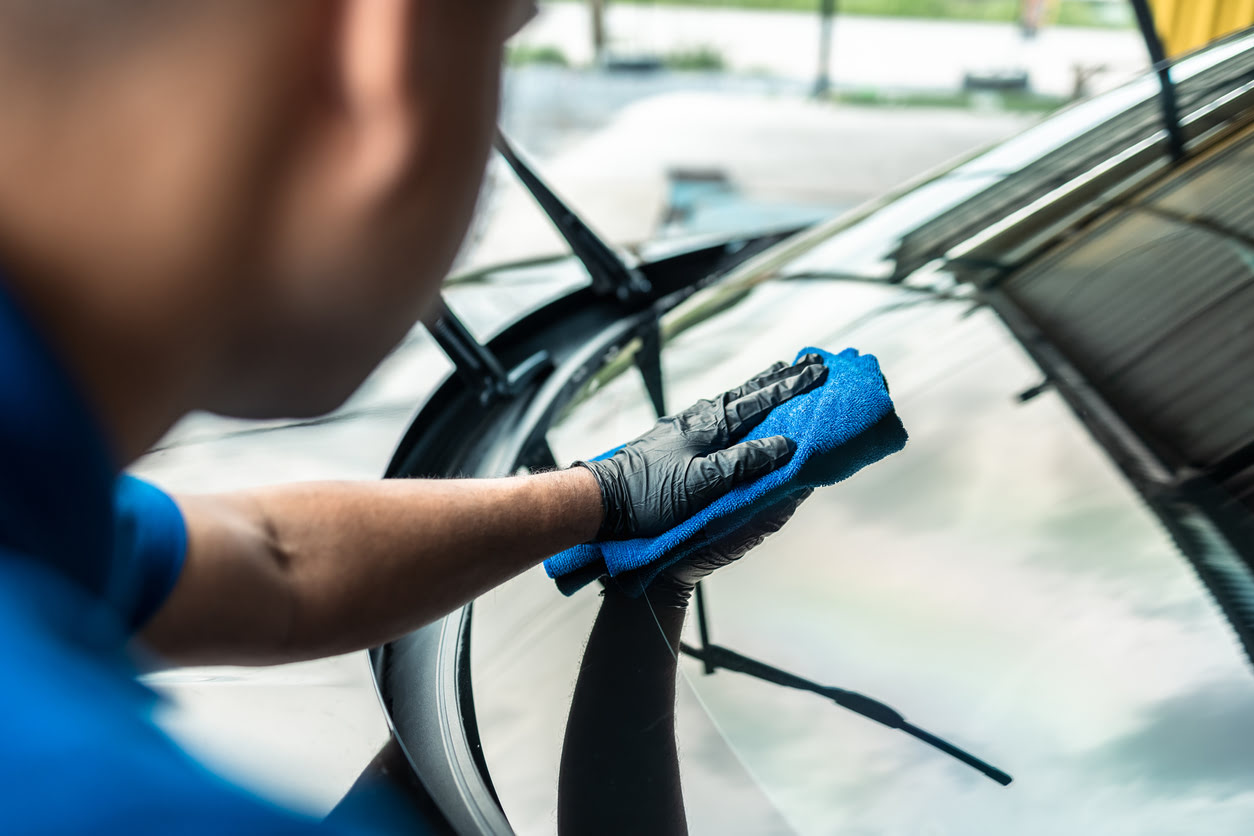



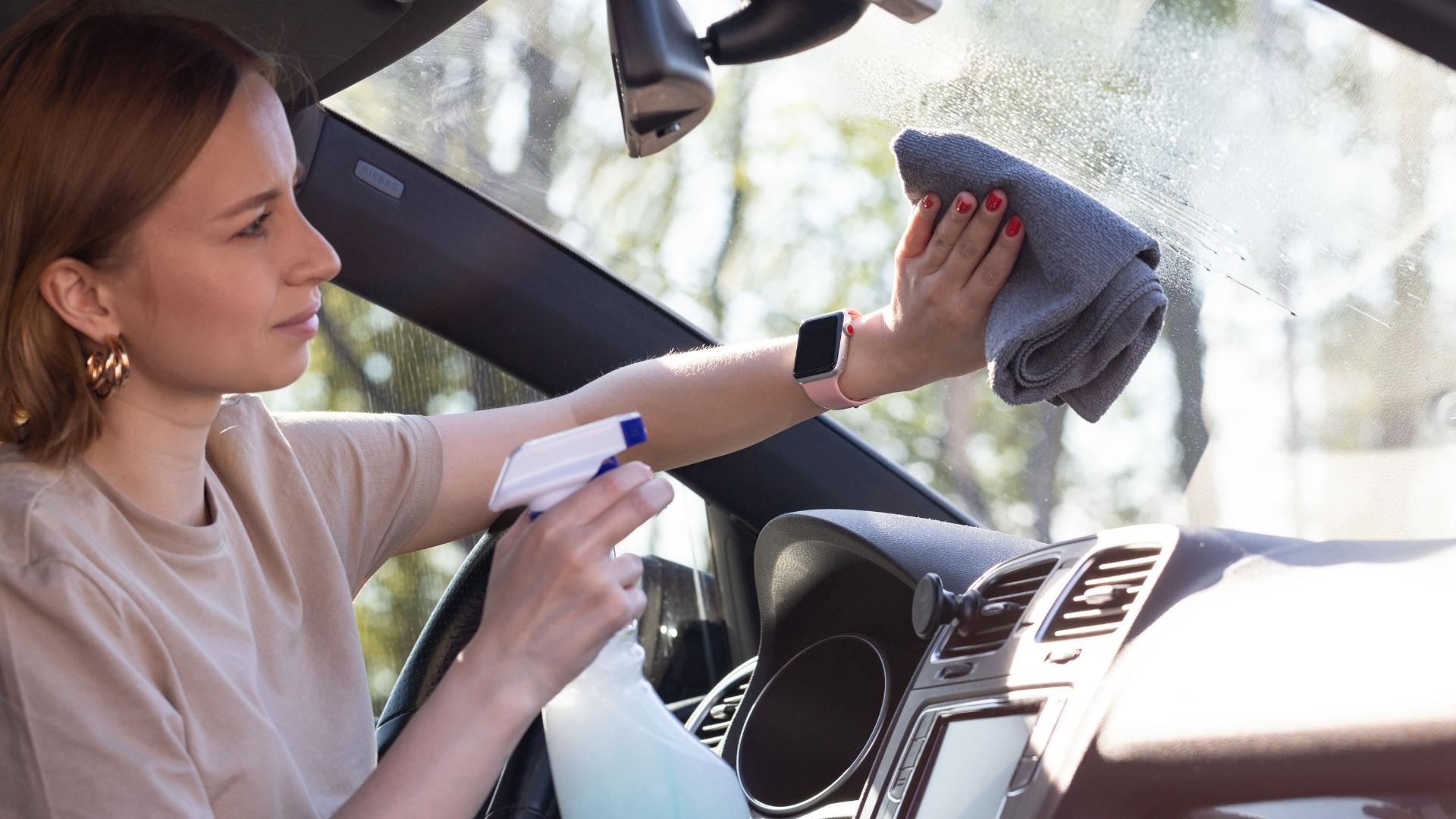




0 thoughts on “How To Stop Birds From Attacking Car Windows”